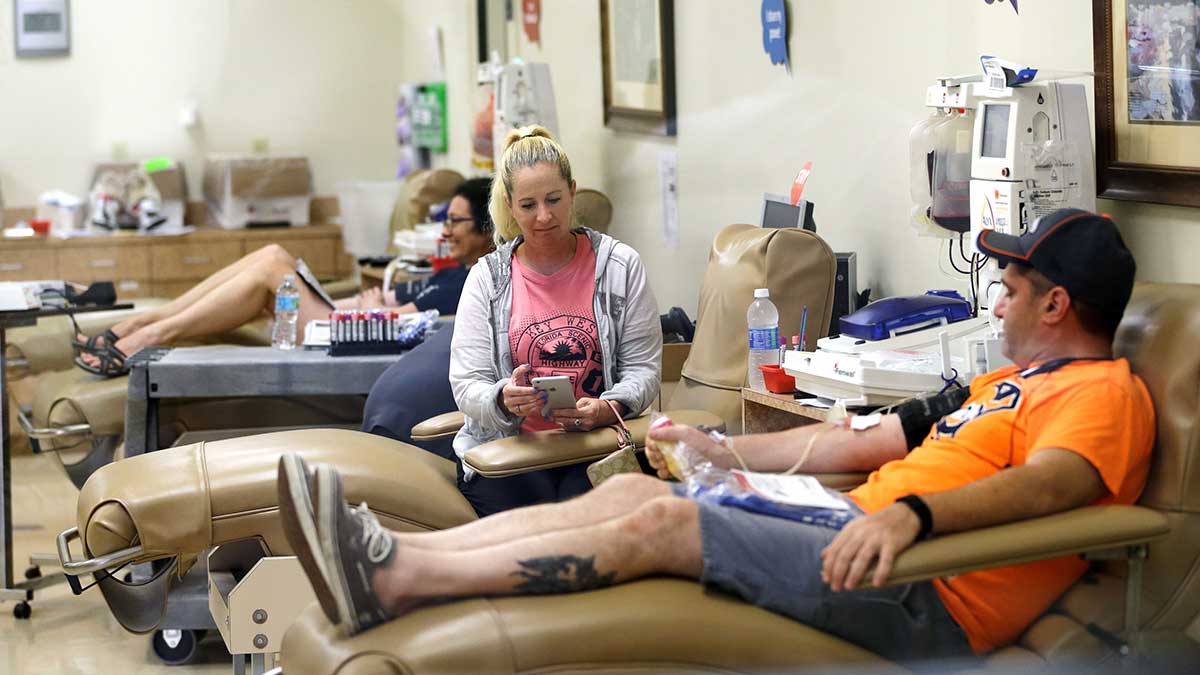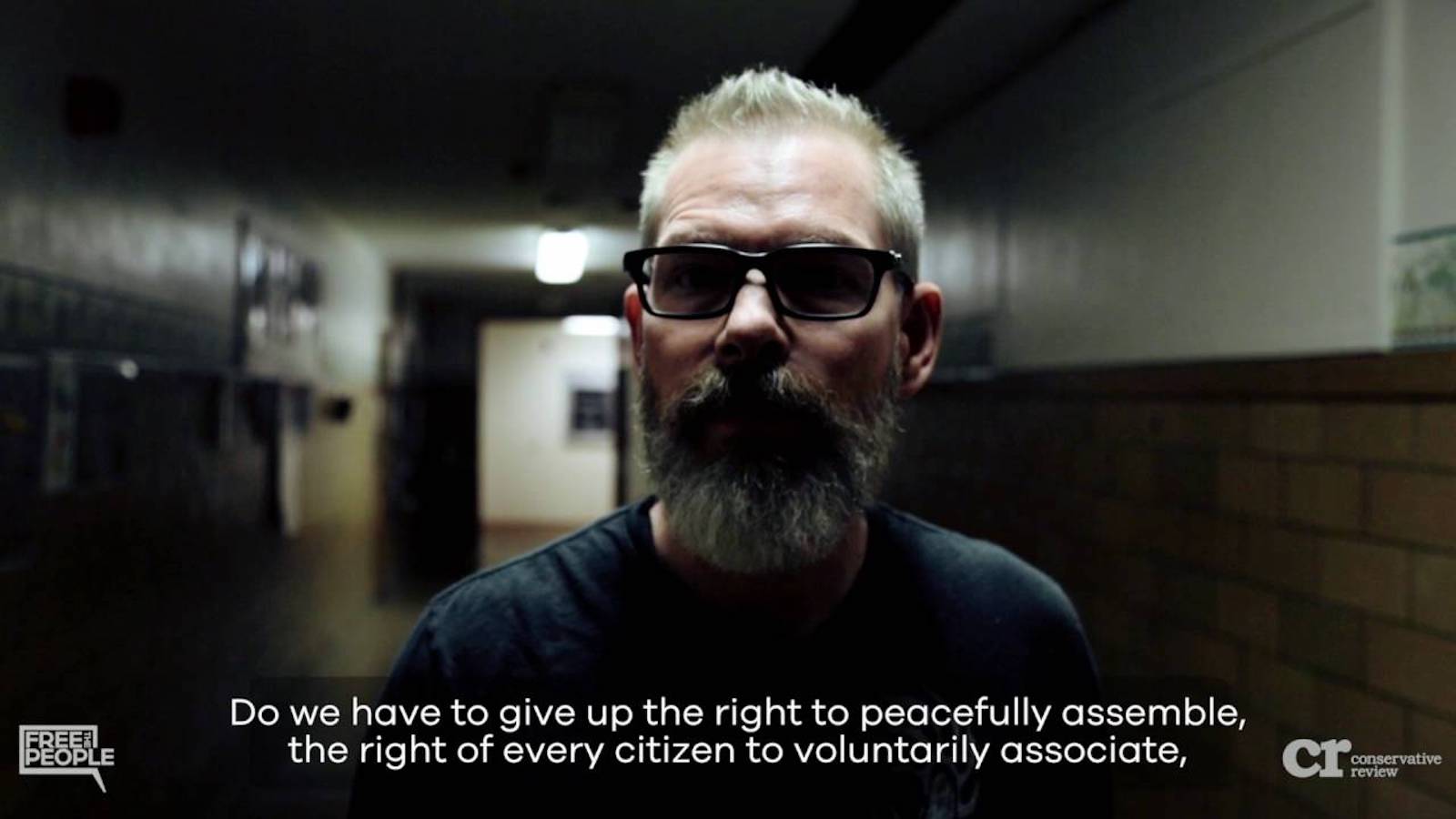
Who Should Be Allowed to Give Blood?
Never underestimate the generosity of the American people. After the horrendous shooting in Orlando over the weekend, donations of blood for the survivors have skyrocketed, as community members demonstrate their eagerness to help the victims. It’s a touching story, but there’s something not quite right about it — the inability of gay men to donate to their friends and relatives in their time of need.
You see, the FDA bans men who have had sex with other men within the last year from donating blood at all. Given that the shooting occurred at a gay nightclub, this seems a particularly callous policy, as it prevents the people closest to the victims from being a part of the recovery process.
The FDA justifies the ban based on claims that gay men have higher rates of HIV infection than straight men. The perception is that it is just too dangerous to accept blood from someone who might be infected. But it’s not the 1980s anymore, and plenty of straight people get HIV too. That’s why hospitals carefully screen all donated blood for disease before giving it to a patient. The nucleic acid test used to detect HIV in the blood is completely accurate, as long as the infection is not less than two weeks old, so it’s hard to understand why donors are required to wait a whole year without having sex before donating.
Apart from HIV, there are many diseases that are transmissible through blood, and which show no preference for sexual orientation. It seems silly and outdated to fixate on one population and exclude them from an act of charity when all blood has to be screened for safety anyway. It was only a year ago when the FDA lifted its more restrictive lifetime ban on gay donors in favor of the current one-year policy, a fact that shows how behind the times the agency is.
This particular story illustrates a broader point about government medical regulations. Why should a centralized agency with a decades-old mentality be making all these decisions for us? We can’t we let hospitals, with their cutting-edge trained medical professionals, decide what is safe and what is unsafe, instead of placing that decision in the hands of an appointed bureaucrat with zero accountability to the public?
There is a widespread fear, stoked by the government, that private businesses will always compromise safety for profit, but the evidence shows that this is not the case, particularly when a hospital’s ability to stay in business requires it to minimize malpractice mistakes.
For example, most people don’t realize that the FDA permits cash payments for blood donations. The reason people don’t know this, is that few of us have ever witnessed a donor being compensated for his blood. The reason why is that hospitals voluntarily choose not to pay for blood, due to concerns that the financial incentive would drastically increase the amount of diseased, unusable blood they receive. This safety and efficiency concern, along with questions about the ethics of paying for blood, prevent hospitals from rapidly expanding their blood supply, even though doing so might give them an edge over their competitors. We might find that the FDA could lift many more of its restrictions and still witness similar safety compliance from businesses concerned with their own reputations and vulnerability to lawsuits.
For the time being, however, it’s tragic that a government bureaucracy in Orlando is standing in the way of good people who want nothing more than to help. Now more than ever, all Americans should be coming together, united against violence and hate, instead of being forced into separate categories by arbitrary and outdated regulations.
This article originally appeared on Conservative Review.
Free the People publishes opinion-based articles from contributing writers. The opinions and ideas expressed do not always reflect the opinions and ideas that Free the People endorses. We believe in free speech, and in providing a platform for open dialogue. Feel free to leave a comment.


